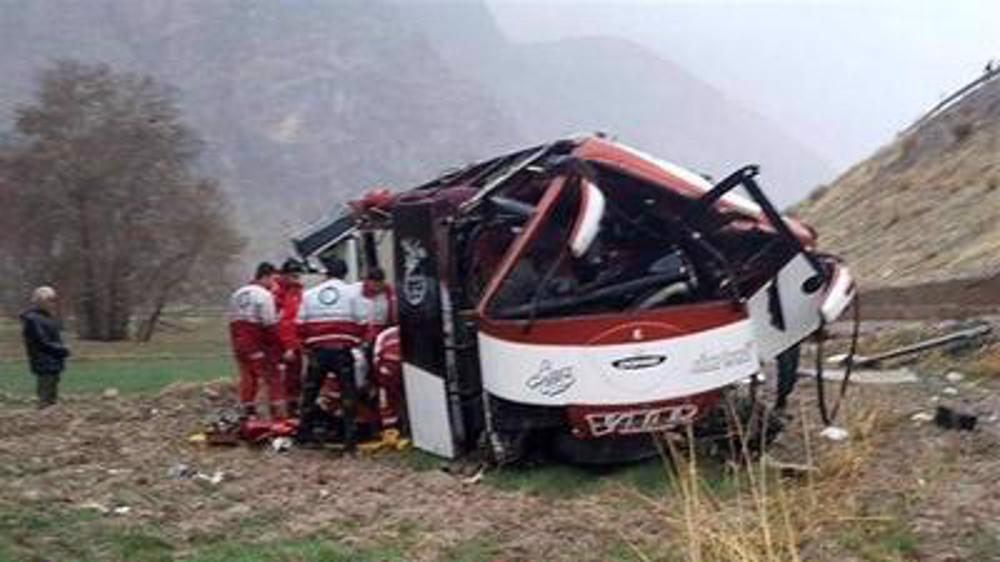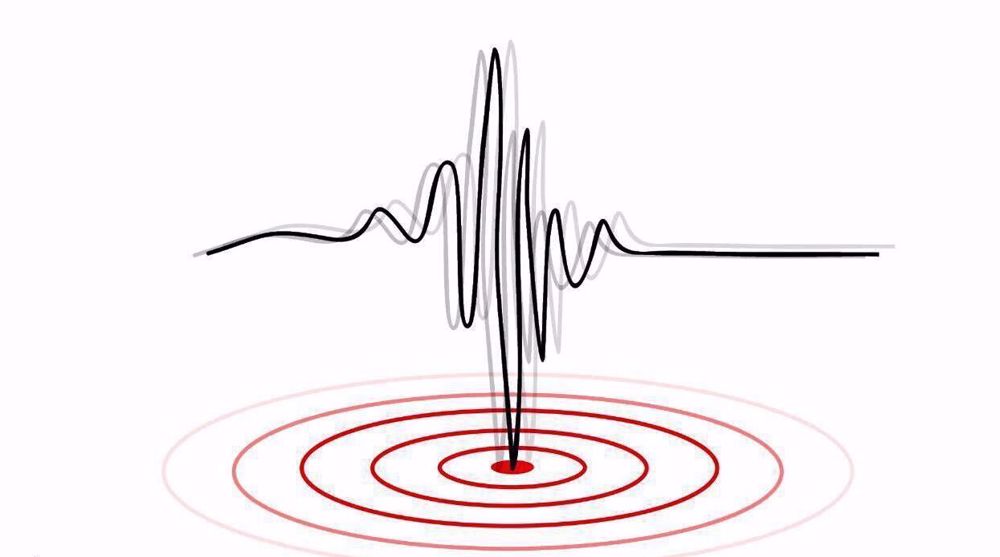EU agrees to fast-track ratification of Paris Agreement
The European Union member states have agreed to expedite ratification of the Paris climate accord in line with joint efforts to deal with looming dangers of global warming.
Environment ministers from all the EU states agreed on Friday to a fast-track, collective ratification of last year's Paris Agreement, the EU said on Friday.
After years of negotiations, governments agreed in Paris last December to curb emissions of carbon dioxide and other greenhouse gases that scientists say are warming the planet.
The Paris Agreement, which 195 countries concurrently agreed upon, is designed to slash greenhouse gas emissions and avert dangerous climate change by limiting global warming to less than two degrees Celsius above pre-industrial levels and strive for 1.5 C if possible.
"All member states greenlight early EU ratification of Paris Agreement," said European Council President Donald Tusk in a message posted on Twitter. Tusk’s home country Poland was the main state resisting the climate accord.
Poland sought concessions for its coal-fired economy ahead of Friday's special gathering.
"Polish interests have been secured and agreement has been reached," confirmed Pavel Mucha, a spokesman for Poland's Environment Ministry.
The agreement by environment ministers from all the EU member states is a rare political breakthrough for the EU at a time of discord over the bloc’s management of the refugee crisis and uncertainty following Britain's vote to leave the EU.
“What some believed impossible is now real,” Tusk said in his tweet.
The European Commission praised the "historic" decision made by the EU environment ministers in a statement, adding that, “Once approved by the European Parliament next week, the EU will be able to deposit its ratification instrument.”
Good news
For the Paris Agreement to take effect it needs formal ratification by 55 countries that account for 55 percent of global emissions.
Once it reaches that threshold, it will enter into force after 30 days.
So far, 61 nations representing 47.8 percent of emissions have ratified, led by China and the United States.
India, with 4 percent, has vowed to ratify the agreement on Sunday.
The EU parliament's final ratification would push the climate deal past the 55-percent threshold needed to secure the accord.

Bad news
The world's top seven climate scientists claim Earth is on track to breach the red line for dangerous global warming in less than 35 years.
Global warming is on track to breach a 2 degrees Celsius threshold by 2050 unless governments at least double their efforts to limit greenhouse gas emissions, the group of scientists said on Thursday.
Plans by almost 200 governments to cut greenhouse gases are far too weak to match targets set in the Paris Agreement for a drastic shift from fossil fuels toward greener energies, they said in a recent study.
"We've really got a problem," said Robert Watson, a British-American scientist who was among the seven authors of the study and is a former head of the UN's Intergovernmental Panel on Climate Change (IPCC).
The Paris Agreement sets a goal of limiting a rise in average world temperatures to "well below" two degrees Celsius above pre-industrial times, while pursuing a tougher 1.5 degrees Celsius limit.
"If indeed these governments are serious about trying to hit the 2 C mark they really have to double or triple the effort of the current pledges made in Paris," Watson said.

"I think it is fair to say that there is literally no chance of making the 1.5 C target," he added.
The study, by Watson and other senior scientists, was reported at a conference in Oxford last week.
Israel admits assassinating Hamas leader, vows to inflict same fate on Yemeni fighters, people
VIDEO | Yemeni forces repel US-British attack, down F-18 Jet
Iran’s capabilities vast; enemy’s ‘maximum pressure’ policies all failed miserably: Senior official
Iran’s economy grew 2.7% y/y in Sep quarter: CBI
VIDEO | Freelancers in Gaza strive to stay online amid genocide
Mikati demands Israel's withdrawal from south Lebanon
Yemeni army strikes Israeli military sites with drones
‘Clock ticking’: UNRWA slams unjustifiable killing of children in Gaza










 This makes it easy to access the Press TV website
This makes it easy to access the Press TV website